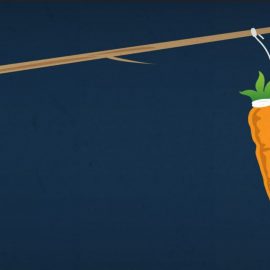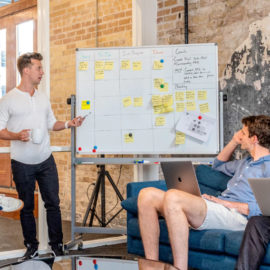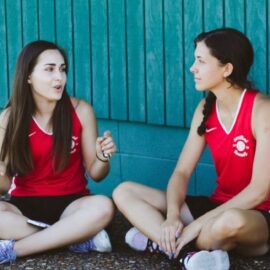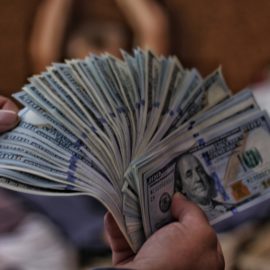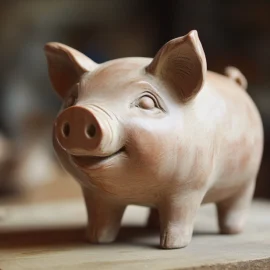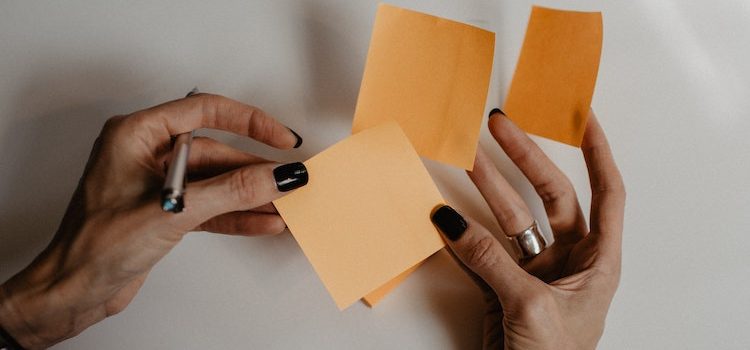
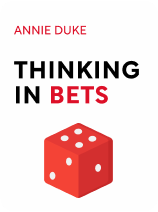
This article is an excerpt from the Shortform book guide to "Thinking in Bets" by Annie Duke. Shortform has the world's best summaries and analyses of books you should be reading.
Like this article? Sign up for a free trial here .
Do you evaluate results after you make decisions? What can you learn by doing so?
Learning from experience is a powerful way to grow. Whether it’s a decision you made—or a decision someone else made—you should evaluate results and use them as learning opportunities.
Read more to learn why and how to evaluate the results of decisions.
The Power of Evaluating Results
Before you can learn from the results of your decisions, you have to figure out how much of the outcome can be attributed to skill, and how much of it was due to luck. We’ll discuss some of the obstacles that prevent us from accurately sorting outcomes into the “luck” or “skill” category, and how you can work around those obstacles by building more effective thinking habits.
Results Are Learning Opportunities
To improve at anything, you have to update your beliefs and change your behavior based on feedback. When it comes to decision-making, you recalibrate based on your results. We’ve all heard the advice to “learn from your mistakes,” but how do you actually do that? (Bear in mind that you can learn from your successes, too.)
First you have to figure out when a result is something you can learn from; not all of them will provide useful information. If an outcome is the product of luck or other forces that you have no control over, then it might not be able to teach you anything. But you’ll find that most outcomes are the result of a combination of factors, some of which you can control, like skill.
You can think of results as existing on a spectrum between luck and skill, with the majority falling somewhere in the middle of the two extremes.
Categorizing Results as Luck-Based or Skill-Based
When you attribute a result to skill, you’re taking the credit or the blame for it. You can learn from that by adjusting your behavior going forward. When you recognize that it was about luck, and it wasn’t in your control, then you can discard it rather than changing your behavior based on what happened.
In poker, a loss could come down to the fact that you made the wrong moves—an issue of skill. Or it could be because another player drew better cards—an issue of luck. The ability to tell those two situations apart differentiates good players from bad ones. Duke calls this sorting process “outcome fielding.”
How you sort an outcome is a kind of bet, just like your decisions and beliefs. If you attribute an outcome to skill, you’re betting you can learn from it and thereby adjusting future decisions (other bets) in a way that will impact future outcomes. It’s a chain reaction. That’s why it’s important to get better at outcome fielding (evaluating results) and get it right as often as you can.
Obstacles to Accurately Evaluating Results
Let’s break down some of the hurdles we have to overcome for more accurate outcome fielding.
The Challenges of Working Backward
It’s difficult to work backward from a negative result and pinpoint exactly what went wrong. Different causes can produce the same effect. Multiple causes can work together, each with a different degree of influence, to produce a single effect.
For example, people who achieve great success or fame in the arts often attribute some degree of that success to luck. You probably have to have some level of talent and understanding of craft to make it as an actor. But you also have to hope that a casting director takes a chance on you when you’re starting out, that you form the right connections, that roles are created that you’re a good fit for, and that the projects you get cast in are well-received by the public. And a variety of factors other than the quality of the work can influence public reception, like current events or whether the release date of your film coincides with (and has to compete against) the latest installment of a popular franchise film.
When you’re analyzing a complicated situation or outcome—such as the trajectory of a career—it might be impossible to draw clear conclusions about how much luck played a role as opposed to skill.
The Three Parts of a Habit
These flaws in our thinking are habits that can be broken. There are three parts to a habit:
- The cue is a signal that activates your routine.
- The routine is the action you take to address the cue and which delivers a reward.
- The reward is the positive outcome that reinforces the habit.
If you have a habit of biting your nails, the cue might be stress. Nail-biting is the routine that helps you cope. The reward is a brief respite, or at least a distraction, from that stress. (Since reward are results, evaluating results is an important aspect of reshaping habits.)
The trick to changing a habit is to replace the unwanted routine with something else. You can’t get rid of the cue (stress). And you don’t want to get rid of the reward (less stress). You just need a different routine to bridge the two—like going for a walk or squeezing a stress ball when you get the urge to bite your nails, until eventually, the urge goes away altogether. You can deal with the habit of self-serving attributions, toward yourself and others, in the same way.
(Shortform note: For more on how to understand and change your habits, read our guide to The Power of Habit.)
Establishing New Routines
The routine of blaming your negative results on bad luck and other people’s negative results on a lack of skill rewards you with a more positive view of yourself. So find ways to uplift your self-perception without that biased thinking.
If taking credit for a success makes you feel good, learn to derive pleasure from interrogating those successes and identifying things you could have done better—because that will set you up for more success later on, and isn’t that a good thing? If being better than others makes us feel good about ourselves, what if we focus on being better at judging people fairly, better at giving them credit where it’s due and compassion where it’s needed?
Self-serving bias and motivated reasoning are routines that you can swap out for better ones, like self-reflection and the ability to view situations from multiple perspectives. When you’ve confronted the fact that brushing off someone else’s success as a lucky break is not just a throwaway thought you can forget about, but a bad habit that can determine how fast or how much you learn, therefore affecting your ability to make better decisions down the line—then changing that habit becomes more important. More learning, better decisions, and ultimately more success are rewards, so it’s possible to build habits to produce those rewards more consistently. Like any routine, it takes practice to master and to turn into a habit.
One strategy when observing someone else’s result is to ask yourself what you’d think in their shoes—if it was your result. Is it easier to see, then, what they did right? Is it more obvious what was out of their control?
You can take your own mistakes and successes and view them as if you were an outsider, too. When you picture someone else making all the same choices you did, can you see where there’s room for improvement? Can you see where you got lucky?
Although training yourself to change the way you think can be hard, remember that you don’t have to be perfect. You don’t have to completely eliminate bias from your life; in fact, that’s probably not possible. But small improvements can have a snowball effect that produces significant changes to your life over time. Learning a little bit more every week might mean learning a lot more in a year. And being a faster, better learner gets you closer to pretty much any goal you can think of.
Evaluating results is an important aspect of improving decision-making skills, and it must be done honestly, with a sincere effort to mitigate biases.

———End of Preview———
Like what you just read? Read the rest of the world's best book summary and analysis of Annie Duke's "Thinking in Bets" at Shortform .
Here's what you'll find in our full Thinking in Bets summary :
- How to get better at making good decisions
- How to work around your biases
- How to evaluate and learn from your past

